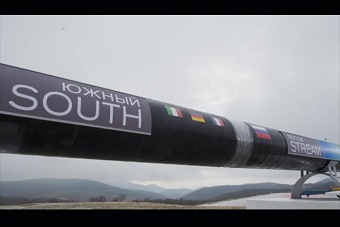War by media and the triumph of propaganda
Why has so much journalism succumbed to propaganda? Why are censorship and distortion standard practice? Why is the BBC so often a mouthpiece of rapacious power? Why do the New York Times and the Washington Post deceive their readers?
Why are young journalists not taught to understand media agendas and to challenge the high claims and low purpose of fake objectivity? And why are they not taught that the essence of so much of what's called the mainstream media is not information, but power?
These are urgent questions. The world is facing the prospect of major war, perhaps nuclear war - with the United States clearly determined to isolate and provoke Russia and eventually China. This truth is being turned upside down and inside out by journalists, including those who promoted the lies that led to the bloodbath in Iraq in 2003.
The times we live in are so dangerous and so distorted in public perception that propaganda is no longer, as Edward Bernays called it, an "invisible government". It is the government. It rules directly without fear of contradiction and its principal aim is the conquest of us: our sense of the world, our ability to separate truth from lies.
The information age is actually a media age. We have war by media; censorship by media; demonology by media; retribution by media; diversion by media - a surreal assembly line of obedient clichés and false assumptions.


























